6 Common Football Injuries
Our products are trusted by over 85 elite teams, including...
Top 6 Football Injuries
Sports like football can be very physically demanding and the sport has got a lot safer with rules that protect the players’ bodies more effectively as a result of changes made to fouls, misconduct and dangerous play.
Although this helps reduce the likelihood of players picking up an injury; it does not eliminate it completely because a lot of injuries are caused by general stress and strain on ligaments, muscles and joints.
Another way a football player can get injured is from one-off injury incidents such as unnatural twisting of joints, landing incorrectly or any other acute injuries.
This creates many opportunities to get injured during training and matches so it is important for any professional athlete or sports enthusiast to be aware of the most common injuries and how to treat them.
It is worth noting this guide is not for treatment purposes and you should always consult someone who is medically trained if you have an injury.
Understanding common injuries and how they are treated is also useful for preventing injuries, worsening existing injuries and avoiding re-injury.
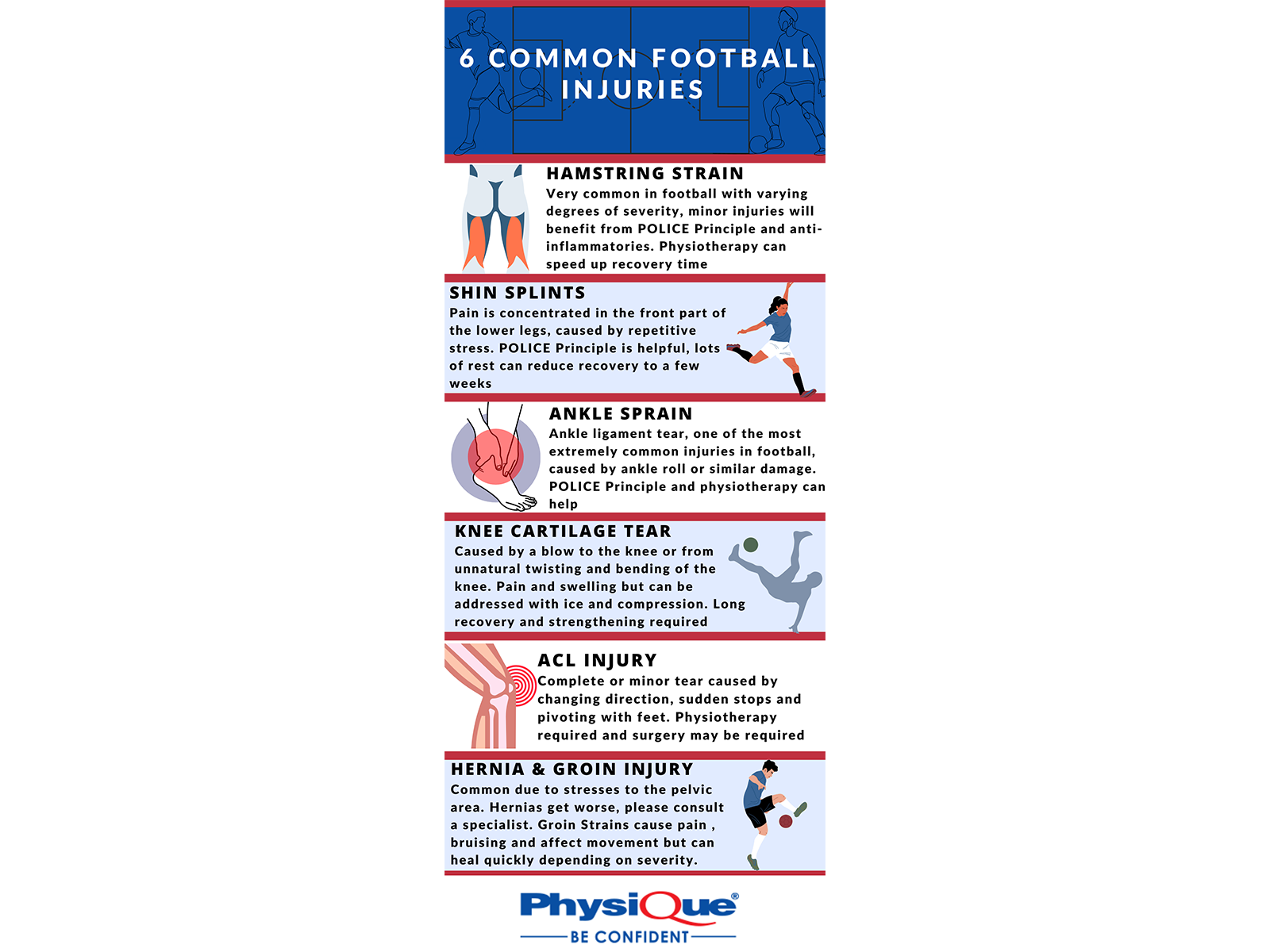
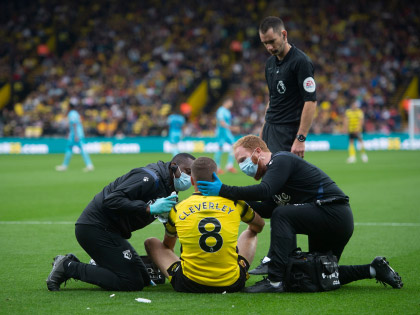
What are the most common football injuries?
The Injuries covered in the infographic cover the most common football injuries which are:
- Hamstring Strain
- Shin Splints
- Knee Cartilage Tear
- ACL Injury
- Hernia
- Groin Injury
Some other common ones include:
- PCL Injury
- Concussion
- Quadriceps Strain
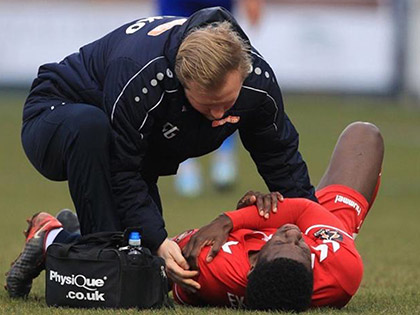
How long will it take to recover from a football injury?
Each individual injury differs in recovery time and this depends on a range of factors such as the severity or degree of injury.
The person’s biological makeup; including their body’s ability to deal with the injury and whether or not the affected area has sustained a similar injury before.
These are just some of the things that can affect recovery time so it’s better to manage the injury as effectively as possible until you fully recover.
For example, a Hamstring Strain can range anywhere between a couple of days to a few months and if the injury is properly addressed then recovery time can be drastically reduced and vice-versa.
If you have a severe ligament tear, rupture or a fracture then this timeframe obviously significantly increases, particularly if you require surgery.
What is the most common type of football injury?
Knee injuries are the most common and include ACL (Anterior Cruciate Ligament), PCL (Posterior Cruciate Ligament) and Knee Cartilage injuries.
The knee is an essential part of playing football so these types of injuries typically affect long-term performance and need to be managed very closely to make sure the knee heals properly.
Ligament injuries can be particularly detrimental to how the knee operates in the long term, especially if surgery is required.
How are football injuries treated?
You should never attempt to treat an injury yourself if you don’t have any experience or proper training to do so, sports injuries should always be managed and treated by a medical professional like a Sports Therapist, Physiotherapist or Physician.
This way, the chances of misdiagnosis are significantly reduced and you are less likely to worsen the injury or re-injure yourself and you should recover a lot quicker.
Our Sport First Aid Kits have everything you need to address an injury if you are a Sports Medical Professional.
A lot of sports and soft tissue injuries can be addressed with the POLICE Principle so it is generally useful in sports first aid, sports therapy and physiotherapy. It stands for Protection, Optimal Loading, Ice, Compression and Elevation.
Although the PEACE AND LOVE Principle is said to be more accurate and will eventually replace POLICE, it is still a good guideline for a simple yet effective approach to injury management.
Supports and Braces are not an integral part of the principle but in most cases, they are useful for pain relief, medical compression, and proper support. We have convenient guides for Wrist Supports and Knee Supports that recommend Actimove Sports Edition Supports for specific conditions.
This video shows a taping technique for a Lateral Ankle Sprain, for similar videos, please take a look at our Football Injuries Videos:
Here is the information from the Infographic in more depth:
Hamstring Strain - Very common in football with varying degrees of severity, minor injuries can benefit from the POLICE Principle and anti-inflammatories.
Anti-inflammatories usually refer to NSAIDS which are Non-steroidal Anti-Inflammatory Drugs such as Ibuprofen and can also include topical solutions such as Ibuprofen Gel but remember to avoid anything that will create heat such as Deep Heat.
In some extreme cases, steroid injections can help with acute injuries as well. Physiotherapy can speed up recovery time but can range from a few days to months.
Shin Splints - Pain is concentrated in the front part of the lower legs, likely caused by repetitive strain but it is still unclear what the exact cause of Shin Splints is.
Pain along the Tibia (shin bone) is the most important symptom. POLICE Principle is helpful, lots of rest can help reduce recovery rime.
Ankle Sprain - An Ankle Sprain is a ligament stretch or tear, one of the most extremely common injuries in football, caused by ankle roll or similar damage. POLICE Principle and physiotherapy can help with recovery and treatment.
A major ligament tear can be very damaging, painful and take a lot longer to heal than less severe injuries.
Knee Cartilage Tear - This can be caused by a blow to the knee or from unnatural twisting and bending of the knee which can happen so many different ways when playing football.
Pain and swelling are strong symptoms but they can be addressed with ice/NSAIDS and compression. Long recovery and strengthening are required in order to restore proper mobility in the knee and heal effectively so as to avoid re-injury.
ACL and PCL Injuries - This can refer to a complete or minor tear that is caused by changing direction, sudden stops and pivoting with feet.
ACL injuries are the most common ligament injuries in sports. PCL injuries are also quite common in Football because the ACL and PCL are very close to each other and connect the Tibia to the Patella whereas other knee ligaments like the MCL and LCL are on the sides of the knee.
Physiotherapy is required to address as well as manage the injury and surgery may be required for severe cases. An ACL knee support can help with stabilisation.
Hernias & Groin Injury - These are common due to stresses to the pelvic area and the range of different movements the body makes when playing football.
Hernias get worse so please consult a specialist so that they can be dealt with properly because of hopefully obvious reasons.
Groin Strains cause pain, bruising and affect movement but can heal quickly depending on severity and recovery should therefore not be too much of a concern unless restoring proper mobility becomes a problem.
Further Resources:
We have some great videos in the Sports First Aid section of our video guides. We worked with professionals from elite clubs and teams from a range of sports including Football, Rugby, Netball, Hockey and more on videos that address sports first aid topics. The videos cover areas like addressing pitch side injuries, top tips, can't live without sports first aid products, things the team's sports physios and therapists wish they knew when they were first starting out and 'What's In My Bag' which looks at what a professional pitch-side first aid kit contains.
You can find the full range of videos here:
Alternatively, check out our Football Pitchside first aid guide which is based on the Watford FC Whats In My Bag video.
Sources and References:
BUPA - Common Football Injuries
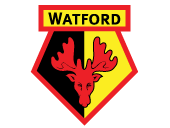
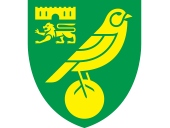
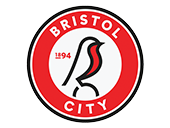
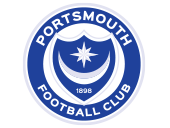
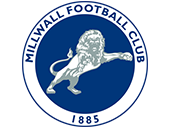
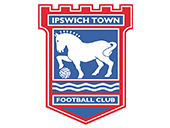
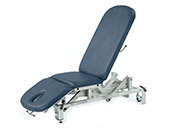
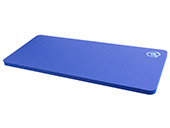

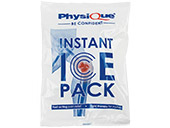
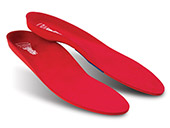
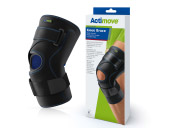
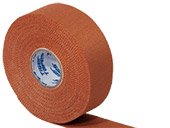
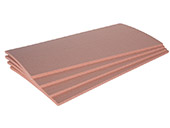
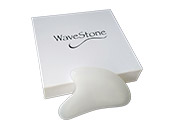
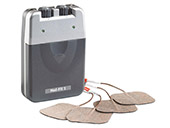

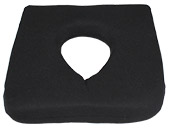
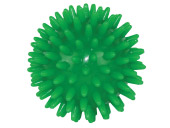
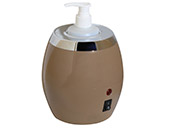
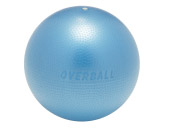
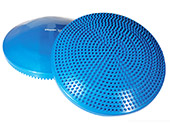
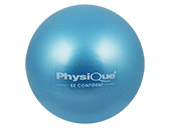
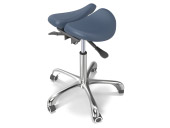
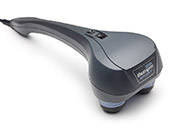
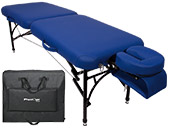
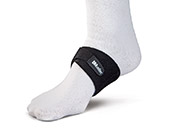

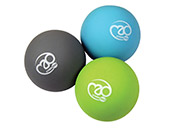
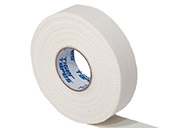
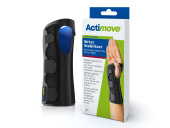
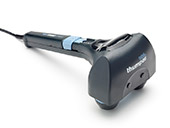
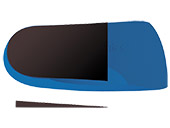
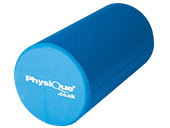
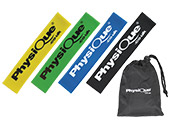
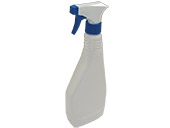
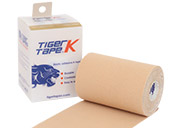
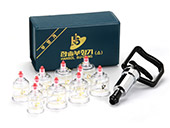
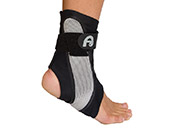
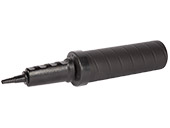
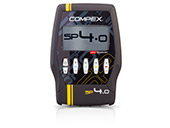
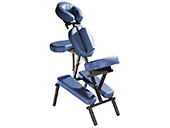
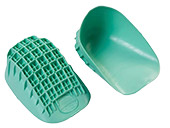

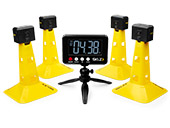
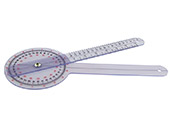
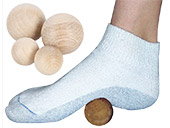
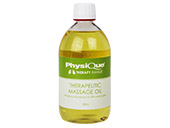
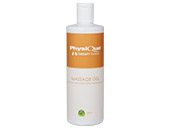
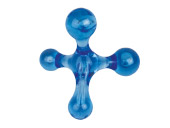
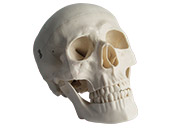
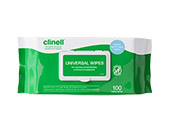
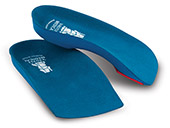
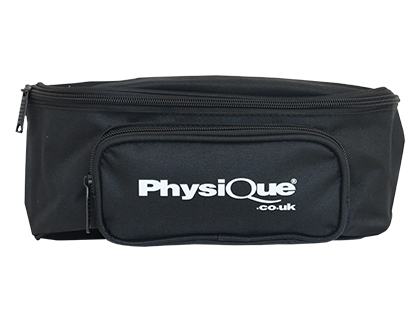
Did you find this article useful?
Why not share this with a colleague, patient or friend?